Many investors are very focused on annual returns and others worry about losing money if the economy goes into a recession. The reality is that how to approach or react to different scenarios really depends on what type of investor you are. In other words, context and your financial plan are everything!
The first investor is usually a younger individual (or family), likely under age 50, that is just starting to build up their savings and investment portfolios using RRSPs, TFSAs and so on. They may have less than their annual income in savings and are often focussed on returns. They may be impatient and may be looking for the next hot investment trend or idea.
The second type of investor is usually an individual (or family) with substantial liquid assets that total four times or more of their household income. This investor, if faced with a major market correction, could see their account values fluctuate by an amount equal to their household income – or more than the entire savings of a Millennial investor. At this phase of their life, their primary financial goal is usually asset value protection first, and then investment gains are a secondary priority.
The key is context. A quick way to determine your progress is by using the average desired retirement income ($50,000) as a guideline, to measure where you are in your asset accumulation efforts. At a 5% return assumption (which implies some equity investment exposure) you will need $1 million of income producing assets to reach a $50,000 income target.
This will be a big challenge for most Boomers. Past media reports have noted the average Boomer has about a $100,000 in liquid investments (not counting their CPP, OAS and company pension) plus the value of a paid for home. Clearly, they may be well short of the capital needed to generate that ideal $50,000 income. The situation will vary for each person but this is generally the road map followed when clients ask for retirement planning advice.
Millennials have a different challenge. They often have no idea what the economic value of anything will be in 25 or 30 years – the time when they need income from their assets. Even getting big returns on an investment portfolio does not change the need for consistently saving over time. Making a big return on a small investment account does not result in the capital needed for a comfortable retirement.
One way to increase the odds of achieving financial goals is to have a good tax strategy – which can leave more money available for investing and reduce any taxes owing on any capital gains.
The year-end is fast approaching. Consider these tax planning ideas. Consider triggering capital gains on non-registered investments to raise the adjusted cost base by paying a little more tax now and possibly less in the future. If you have a RRIF, consider increasing your withdrawals for 2021 as part of your Estate Planning. You are likely in a lower tax bracket while you are alive than in the year in which you die. A RRIF may be taxed at the highest marginal tax rate of 54% (will vary by Province) in the year of death. Paying taxes on RRIF assets while alive may leave more money for your heirs.
If you are still in the accumulation phase of your financial goals, start saving money to contribute to your RRSP before the 2021 contribution deadline – at the end of February 2022. Depending on your personal situation, there may be some benefits to considering a Spousal RRSP contribution. You could also investigate the benefits of taking out an investment loan from your richer spouse and locking in at very low life-time interest rate that is 100% tax deductible – per CRA guidelines. Now might also be a great time to either start or top up your TFSA for long term investing.
Call us today to review your unique situation and the planning opportunities available to you before the end of 2021! Wishing you and your family all the best for the Holiday Season!
Copyright © 2021 AdvisorNet Communications Inc., under license from W.F.I. All rights reserved. This article is provided for informational purposes only and is based on the perspectives and opinions of the owners and writers only. The information provided is not intended to provide specific financial advice. It is strongly recommended that the reader seek qualified professional advice before making any financial decisions based on anything discussed in this article. This article is not to be copied or republished in any format for any reason without the written permission of the AdvisorNet Communications. The publisher does not guarantee the accuracy of the information and is not liable in any way for any error or omission.


















